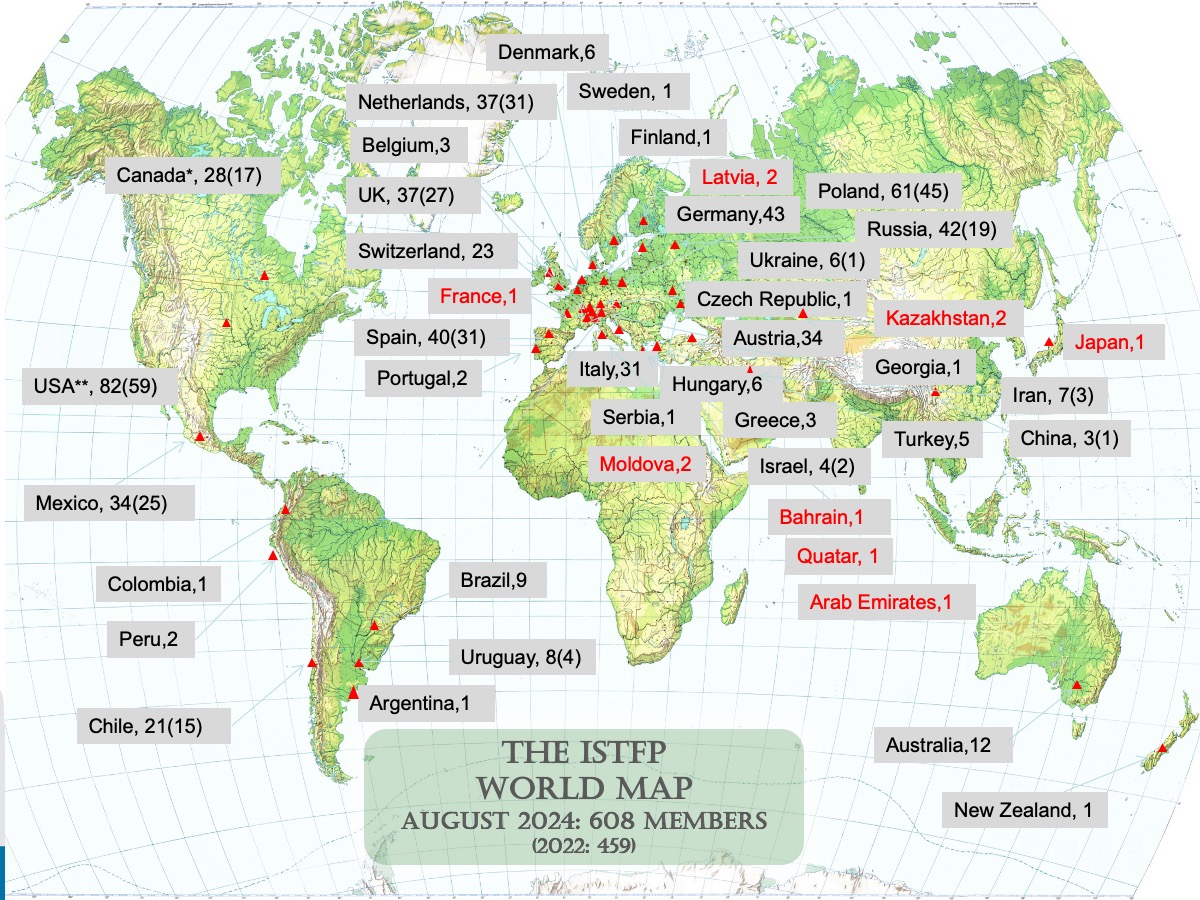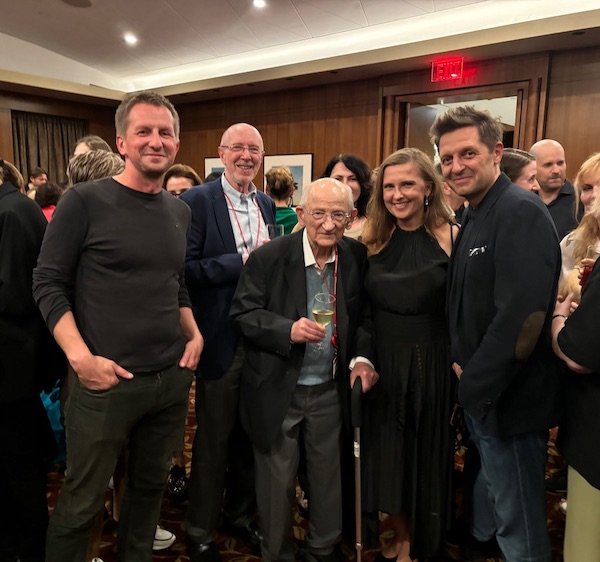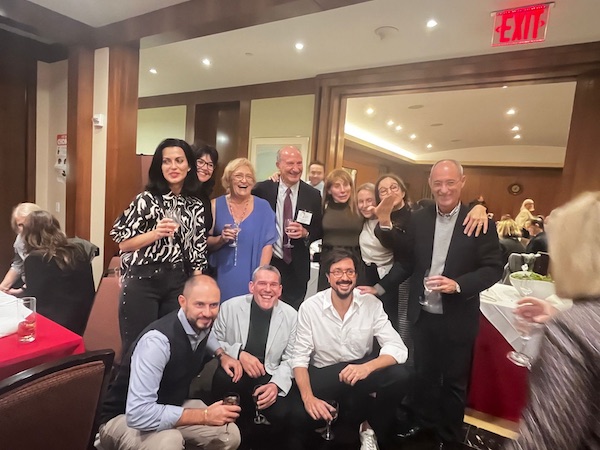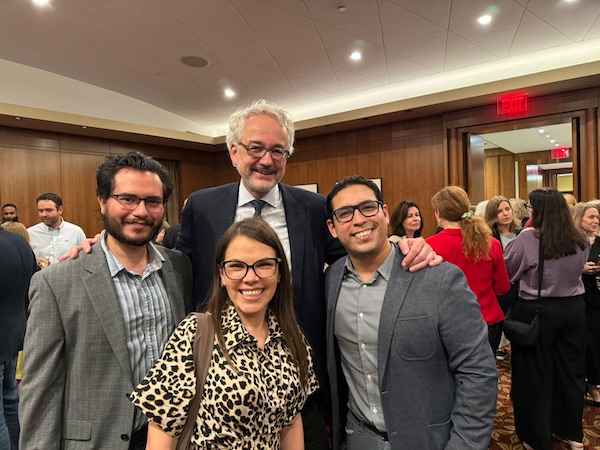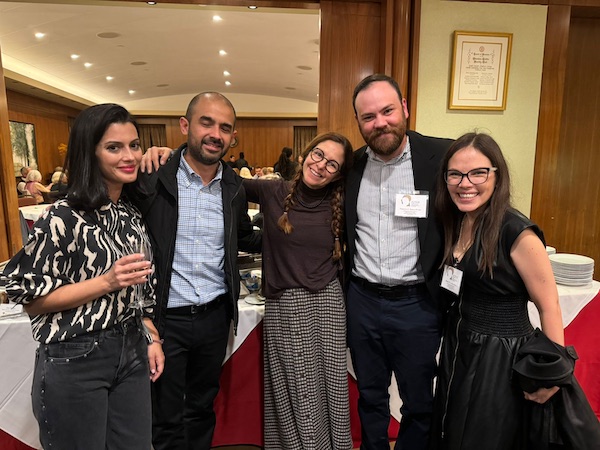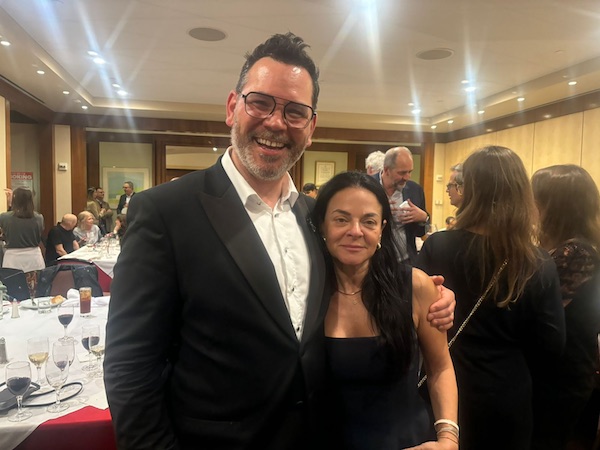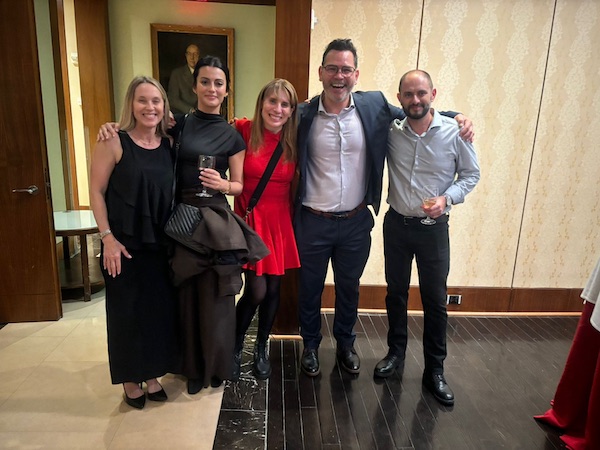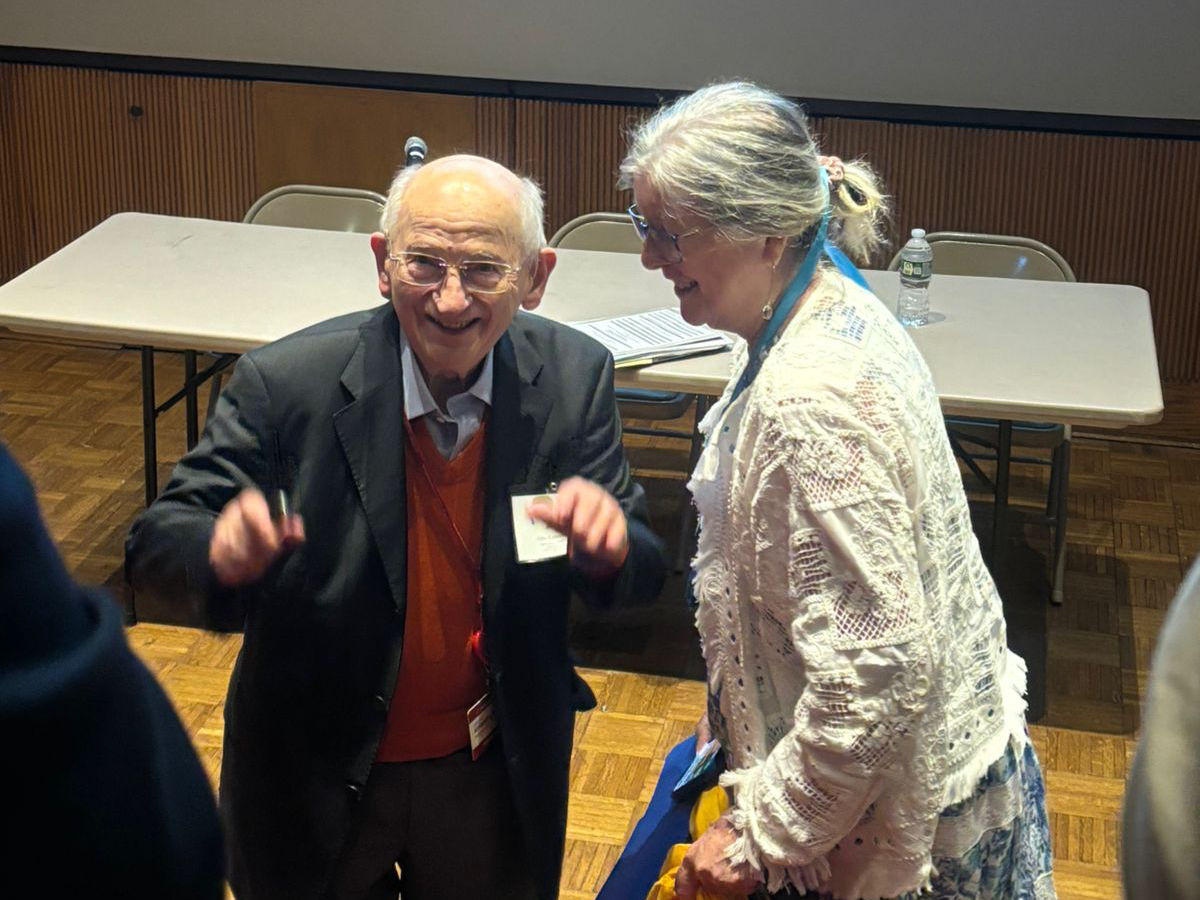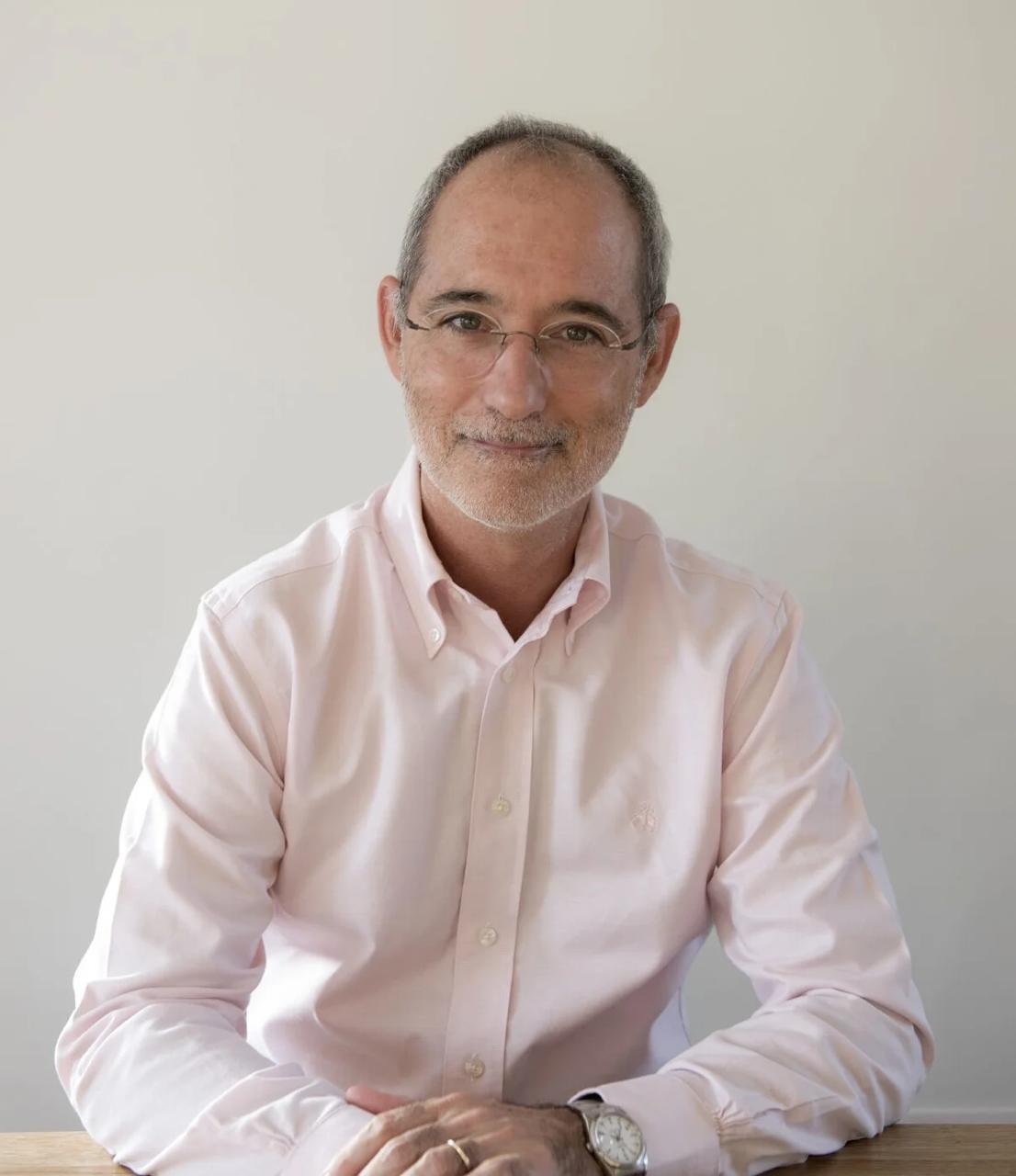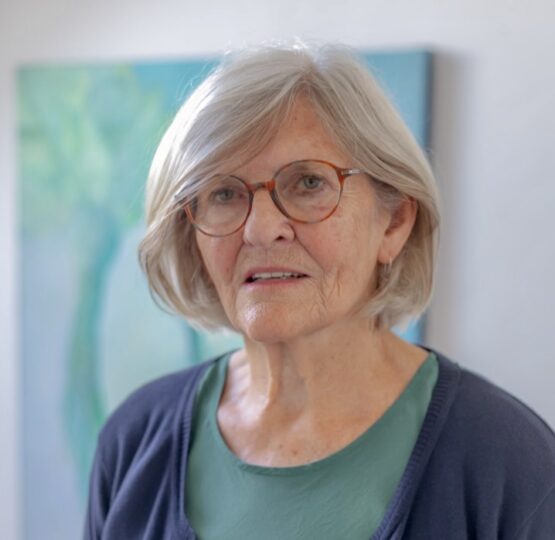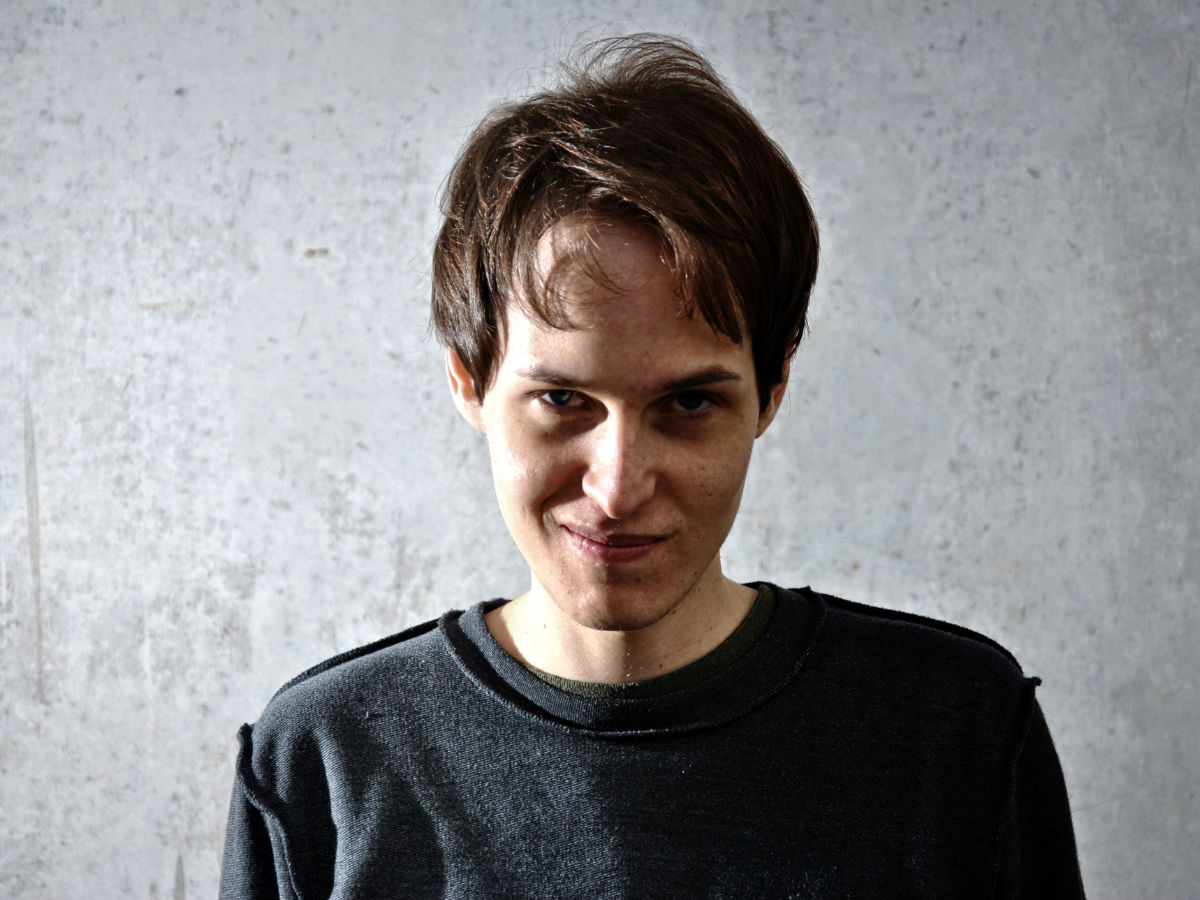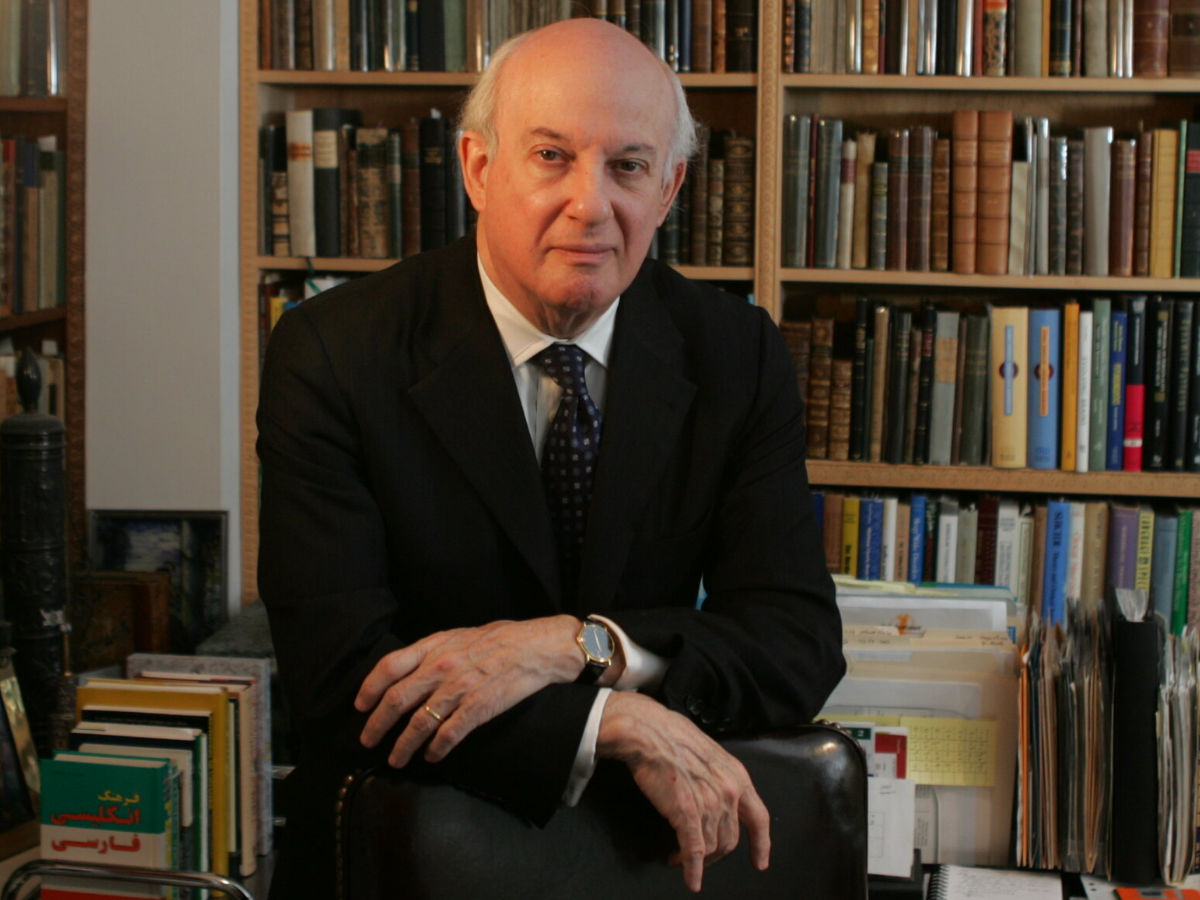
You don’t write because you want to say something, you write because you have something to say.
—F. Scott Fitzgerald
Let’s face it, the ISTFP is a community of readers. We crave new insights, expanding our knowledge and refining our know how. Fortunately, we are blessed to have among us many prolific writers that share their unique perspective on our common passion: Transference Focused Psychotherapy. But how do they achieve it? How do they persist in an endeavor that, to most of us, seems like an improbable dream? This is the question we will explore in the following paragraphs.

Richard G. Hersh

Chiara De Panfilis
Our task will be greatly helped by fellow ISTFP member, Richard G. Hersh, who just published, with a Chiara De Panfilis, a book on implementing Transference-Focused Psychotherapy principles in different clinical settings. He had the generosity to agree to an interview where he gave us insights into what was needed for their success.

Mathieu Norton-Poulin, M.Ps.
Mathieu Norton-Poulin is a psychologist in private practice in Gatineau, Québec. He graduated from Laval University in 1995 and started his training in transference focused psychotherapy in 2005. Member of the TFP-Québec group he as been practicing as a certified TFP therapist for the last 11 years. Since 2009 he organized several training events and has given lectures on TFP for medical doctors and college students. He maintains a blog where he write, in plain words, articles to explain TFP to the general public.

Ps. Veronica Steiner
Veronica Steiner Segal is a Chilean clinical psychologist who graduated in 1998. Since her beginnings she has been working with patients with Severe Personality Disorders in different health institutions in her country, and since 2018 she is a certified TFP therapist. In 2019 she obtained her accreditation as a teacher and supervisor. Since the same year she is coordinator of Grupo TFP Chile. She is the Executive Officer for the Board and she collaborates with the T&E Committee. She also teaches at the University of Valparaiso, in the Department of Psychiatry, where she also teaches in the Diploma of Severe Personality Disorders.
She collaborates in different courses looking for the diffusion of TFP. Together with Luis Valenciano and Pepa Gonzalez she directs an important training in TFP for Spanish speaking students, Instituto TFP Hispanoamerica.


